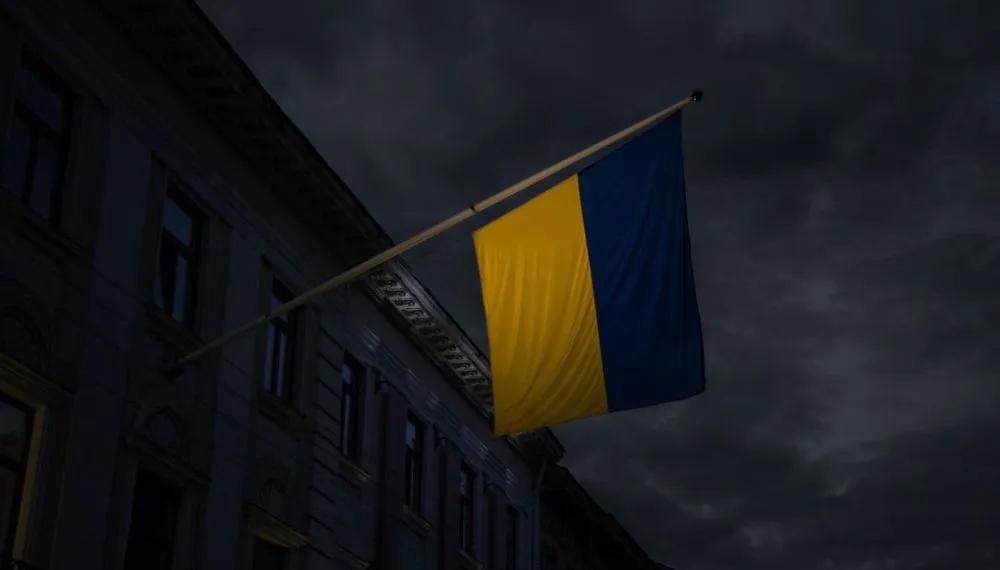EU: SWIFT financial system to cut off access to some Russian banks
Ukraine begged the U.S. and Europe to disconnect Russia from the global financial system known as SWIFT for months as tensions in the region increased, but it took an invasion to finally spur action.
During a press conference Saturday evening, Ursula von der Leyen, President of the European Commission, said that the EU will “commit to ensuring that a certain number of Russian banks are removed from SWIFT.”
Several other countries, including the U.S., Great Britain, Italy, Germany and France, have also supported the decision, despite initial hesitancy tied to the domestic and global ramifications of the change.
"We are engaging with European authorities to understand the details of the entities that will be subject to the new measures and we are preparing to comply upon legal instruction," SWIFT said in a statement to The Record.
Why does Russia need this payment system?
SWIFT, which stands for the Society for Worldwide Interbank Financial Telecommunication, processes transactions between 11,000 financial institutions across the world, according to its website. With SWIFT, online banking users can send money overseas quickly, accurately, and securely. SWIFT payments typically take 24-48 hours to complete.
In traditional banking, there is hardly any alternative to SWIFT, but many turn to cryptocurrency for international payments—it is faster and cheaper, but also energy-intensive.
The network processes $300 billion worth of transactions every day, according to Forbes.
SWIFT is based out of Belgium and subject to European law. In 2012, it cut off access to Iranian banks as part of enforcing sanctions of the country’s nuclear program.
The SWIFT ban will stop Russian banks from operating worldwide, block Russian exports and imports, and make it harder to obtain loans and invest abroad, according to von der Leyen.
Why does SWIFT’s ban matter to Ukraine?
On Feb. 24, Russia started a full-scale war in Ukraine—its troops are trying to gain control over Ukrainian cities by attacking Ukrainian plants, military units, bridges, and residential buildings.
The Ukrainian army is fighting back, but to end the war with minimum losses Ukraine has urged the international community to impose economic sanctions on Russia. The SWIFT ban is one of the requirements.
“Without SWIFT payments with the civilized world will become much more difficult for Russia,” wrote Danylo Getmantsev, the head of parliament’s committee on finance and taxation in Ukraine on Telegram.
“This is a significant step towards the international isolation of the Russian Federation,” he added.
Does Russia have alternatives?
Yes. One is called SPFS, and was started by Russian Central Bank launched in 2014 when the world threatened to cut the country off SWIFT due to the annexation of Ukraine’s peninsula Crimea.
As of March 2018, over 400 institutions, mostly banks, were a part of the Russian network, according to Russian Forbes. SPFS, however, has limitations: it only works within Russia and has higher transaction costs.
Another is China’s Cross-Border Interbank Payment system which is growing in reach, as Bloomberg News reported last August.
Will the SWIFT ban hurt the Russian economy?
In 2014, former Russian finance minister Alexei Kudrin estimated that Russia’s gross domestic product would shrink 5% in a year without SWIFT, and then-Prime Minister Dmitry Medvedev likened the move to a “declaration of war.”
It will also harm Russia’s ability to profit off the oil and gas exports that make up 40% of the country’s revenue, according to the Financial Times.
European leaders who agreed to cut Russia off SWIFT said that these measures are justified.
“Putin embarked on a path aiming to destroy Ukraine. But what he is also doing, in fact, is destroying the future of his own country,” said von der Leyen.
Daryna Antoniuk
is a reporter for Recorded Future News based in Ukraine. She writes about cybersecurity startups, cyberattacks in Eastern Europe and the state of the cyberwar between Ukraine and Russia. She previously was a tech reporter for Forbes Ukraine. Her work has also been published at Sifted, The Kyiv Independent and The Kyiv Post.



